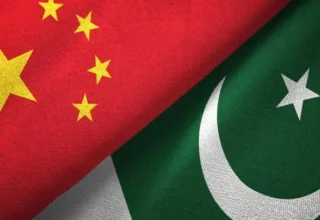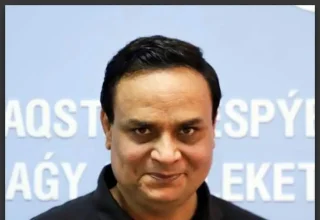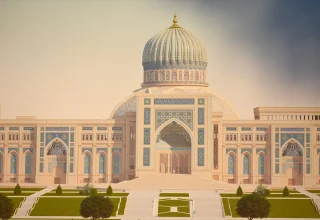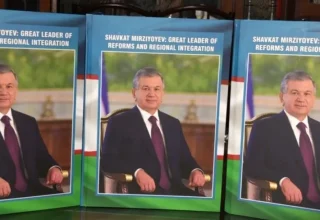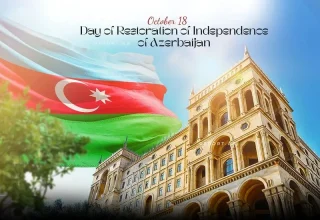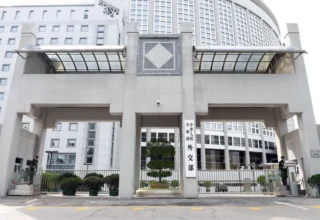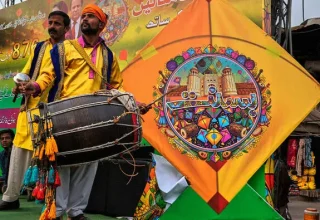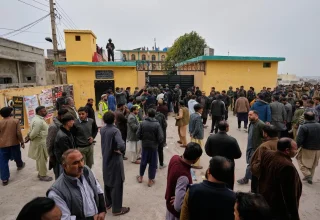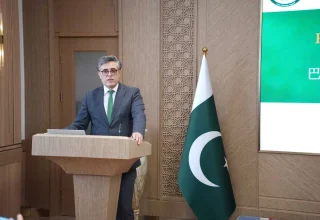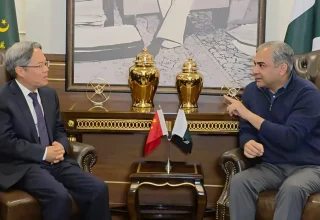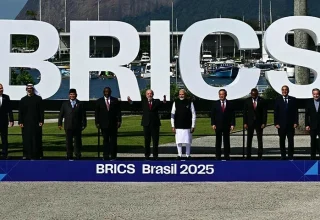
Inclusion of Indonesia in the BRICS vividly reflects President Prabowo’s strategic vision further diversifying its economy, exports, global supply chains, socio-economic integration and above all modernization and opening-up of its industrial cooperation.
Most recently, President Prabowo Subianto attended the opening of the 2025 BRICS Summit held in Rio de Janeiro, Brazil clearly demonstrating salient features of his country free and independent foreign policy transforming its diplomatic ties and political global out-reach which would be beneficial for its economy, industries, investment and joint ventures propositions in the days to come. Thus Indonesia’s full membership of the BRICS would be a strategic balancing act creating numerous socio-economic options for achieving the desired goals of a prosperous country in the days to come.
Obviously, Indonesia’s participation in the BRICS forum is the result of Prabowo’s initiative during his first year in office as President, opening a window of opportunity. Indonesia has now become the 11th member of BRICS.
It bodes well that after the inclusion of Indonesia, the BRICS group now consists of Brazil, Russia, India, China, South Africa, Saudi Arabia, Egypt, the United Arab Emirates, Ethiopia, Iran, and Indonesia, collectively representing 50 percent of the world’s population and 35 percent of global GDP.
President Prabowo rightly views Indonesia’s inclusion in BRICS as a strategic step to strengthen the country’s global standing.
Definitely, Indonesia’s BRICS membership creates new business opportunities in trade, investment, and infrastructure development. Companies operating in Indonesia can expect.
Economic analysis reveals that it will create greater access to BRICS markets for exports, including palm oil, coal, and agricultural goods. Hopefully, it will increase inflows of the FDIs from BRICS member countries into key industries such as energy, technology, and manufacturing. Consequently, it expects funding for major infrastructure projects to improve transportation and logistics.
Additionally, comparative studies of regional as well as international power politics will further enhance its economic cooperation with developing nations, providing a stronger voice in global governance, and expanding market access for Indonesian trade and industry.
Evidently, it also strengthens Indonesia’s role as a bridge between the Global South and developed countries, promoting a more inclusive and equitable global order.
On the other hand, some economists and security experts fear that Jakarta’s bid to elevate its global standing because of its membership of the BRICS could strain ties with the rest of ASEAN, the United States and its allies. However, most of the regional experts rightly termed it as an excellent diplomatic milestone strengthening its global and supporting global stability and prosperity through broader international cooperation.
It is predicted that Indonesian membership of the BRICS will open its financial cooperation with the newly formed New Development Bank (NDB), a multilateral lender created by Brics members to fund infrastructure and development in emerging markets. Thus it will further diversify its options of seeking financial loans internationally.
In 2014, the bloc established the New Development Bank (NDB), one of the earliest financial institutions in the world aiming to provide alternative lending resources to those offered by the World Bank and the International Monetary Fund, which have traditionally been dominated by Western interests. Since its founding, the NDB has approved over 120 projects totaling US$40 billion, providing financial support for member countries in a wide range of fields, including infrastructure, clean energy, environmental protection and digital infrastructure.
It hopes that the “BRICS spirit” of “mutual respect and understanding, sovereign equality, solidarity, democracy, openness, inclusiveness, collaboration and consensus would be a strategic asset for Indonesia because it has become the forefront of the Global South. Hence US President Donald Trump’s threat of an extra 10 percent tariff on nations siding with BRICS will not deter Indonesia national resolve towards diversified economic globalization and international cooperation.
The writer submits that BRICS should take new responsibilities and become the voice of the Global South. It should play a leading role in the peaceful conflict resolution in Ukraine and the Middle East conflicts and foster dialogue and channel humanitarian aid for civilians.
Moreover, BRICS should also play an important role in climate change and artificial intelligence and make concerted efforts in global governance. BRICS now has 11 members, the newest addition being Indonesia, the largest economy in Southeast Asia and another leader of the Global South. These members, spread across different continents, come with new ambitions and missions and, of course, new expertise as well.
Being a strategist, President Prabowo is optimistic that Indonesia’s participation in BRICS will strengthen the nation’s position on the global stage. His keynote speech in the BRICS vividly reflected the guiding principles of his foreign policy, the importance of expanding networks of friendship and strategic cooperation among nations to promote peace and global prosperity.
In summary, Brazilian President Lula rightly asserted that BRICS carries the “Bandung Spirit” in its quest for a multipolar international order, especially amidst the ongoing collapse of multilateralism, which threatens the freedom of developing countries as well as international climate commitments and fair trade.
Strategically, Indonesian President Prabowo’s rigorous participation in the BRICS Summit signified his country’s aim to strengthen solidarity among the Global South in response to the United States’ unilateral tariff measures.
On April 2, President Donald Trump announced steep hikes in tariff rates for U.S. trading partners, including a 32 percent tariff on imports from Indonesia.
It is a good omen that Indonesian President Prabowo continues to uphold Indonesia’s long-standing policy of an independent and active foreign approach at different international forums emphasizing to maintain a balanced relation with China and USA.
Remarkably, Prabowo proposal in the most recently held BRICS to act as a “Bridge-Builder” between the Global South and the Global North is a holistic and comprehensive policy reducing tensions between developing and developed nations, as Indonesia aims to prevent BRICS from becoming an opposing force that further deepens the divide between these two groups of countries
Moreover, a recent research study of Foreign Affairs Magazine highlights Jakarta’s diplomatic success in maintaining a balance among superpowers, lending credibility to Indonesia’s envisioned role as a bridge builder.
It seems that Indonesia always maintains a balanced foreign policy, stimulating its macro-economy and sustainable industrial growth by ensuring constructive ties with China and USA and President Prabowo carries forward this policy.














